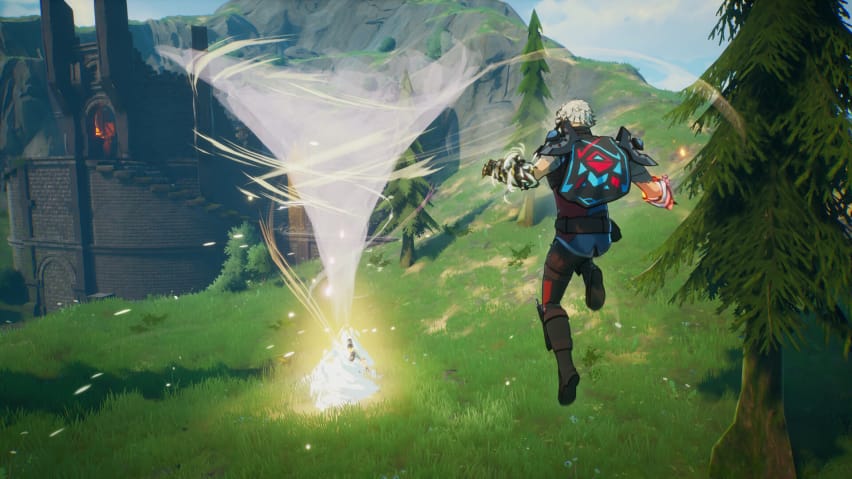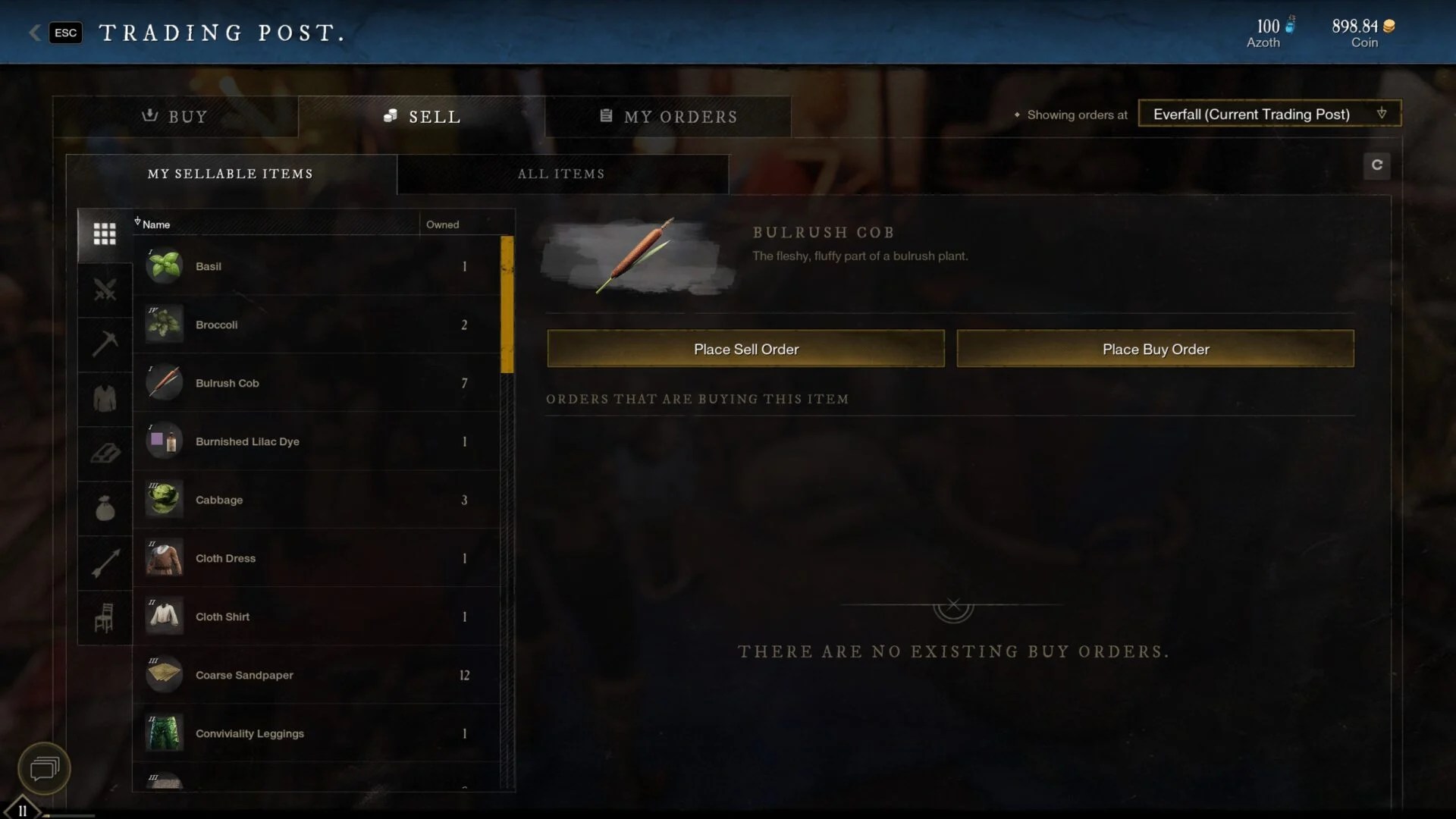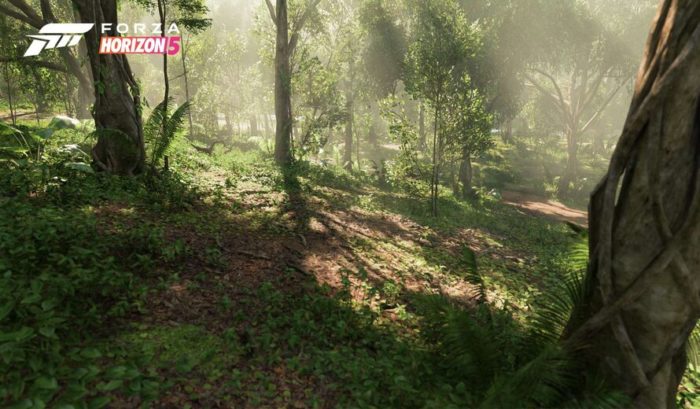Mass Effect Legendary Edition did polish up the original trilogy, but the modding community has continued to support the game by either improving upon it, unlocking additional possibilities, fixing mistakes, or just adding in something questionable. In other cases, some of the mods created for the original trilogy have also been adapted for the Legendary Edition, for instance, the ALOT texture mod (thanks PC Gamer).
ALOT stands for A Lot Of Textures, and was a visual upgrade mod for the original Mass Effect trilogy. It was one of the more popular mods back then, and was even used as a benchmark by Bioware while creating the Legendary Edition. It’s Improved Static Lighting was also factored into the Legendary Edition.
“Much of the lighting and shadows you see in-game are pre-rendered and stored as textures,” reads the description on Nexusmods. “These textures have not been improved for LE, which results in blocky shadows pretty much everywhere in the games (see screenshots). ISL fixes this by running the textures through a state-of-the-art, neural network-based denoising, antialiasing and upscaling process for about 40,000 light and shadow maps across the trilogy.” As pointed out by Developer CreeperLava on Reddit, the mod includes a number of textures for all three games in the Legendary Edition, including the Presidium sky, text holograms, Legion, Tali, EDI, Garrus, and Liara.
RELATED: Mass Effect Legendary Edition Has Sparked A "Modding Renaissance"
Modding has always been a major part of the Mass Effect series. Bioware worked closely with the modding community for the Legendary Edition. Modder Audemus released a statement saying that BioWare and the community shared ideas before the launch of the game. The statement confirmed that BioWare was in touch with modders before the game's launch, which is why the community could get its modding tools back up so quickly.
"Today I can reveal to you all that four people in our community were in fact in talks with BioWare in the months leading up to launch,” said Amadeus “But couldn't speak about it in ANY way due to a Non-Disclosure Agreement." The process involved community members sending BioWare questions and detailing how their modding processes work. This led to them being able to collaborate and make small changes to the game before it launched.
NEXT: Shohreh Aghdashloo On The Expanse, Mass Effect, And The Importance Of Diversity



